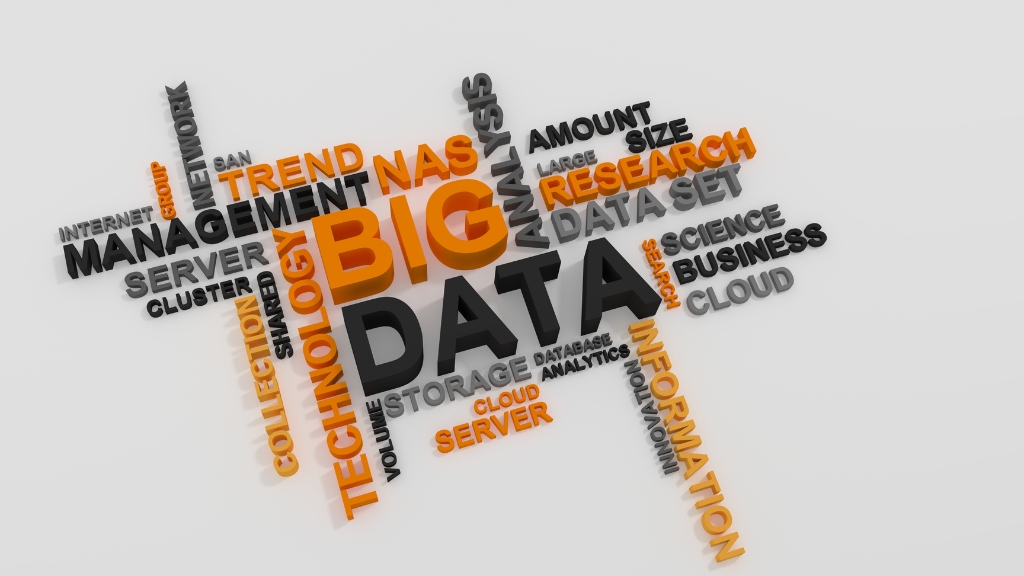
Is business analytics hard?
Business analytics is a rapidly-growing and evolving field that’s helping businesses make data-driven decisions to achieve their goals. It involves using statistical and quantitative analysis to identify trends and patterns in large data sets to help businesses be more informed about their operations. With the continued growth in demand for data-driven decision-making, the field of business analytics is seeing significant growth industry-wide.
As a result, an increasing number of people are asking: is business analytics hard? The answer is not straightforward, as there are several factors that contribute to the industry’s complexity. In this post, we’ll dive deeper into the challenges faced by analysts and provide you with insights to help you better understand how business analytics works.
Technical skills requirements.
Business analytics requires specialist technical skills for data extraction, data visualization, and data management and security. As a result, analytics professionals need a broad range of analytical and technical skills such as expertise in statistical modelling and machine learning concepts, data visualization techniques, and a comprehensive understanding of programming languages like Python and R.
Data quality issues.
Data quality is one of the biggest challenges facing businesses today. Without high-quality data, it’s difficult to make informed decisions and analyze trends accurately. Analytics professionals often spend a large portion of their time cleaning, validating and organizing data to ensure that it’s accurate, complete and relevant.
Navigating the complex nature of data.
Another challenge business analytics professionals have to face is dealing with complex data structures such as relational databases, NoSQL databases, and APIs. These sophisticated systems have varying data models, metadata, and programming languages, which can make it challenging to extract insights from the data. As a result, analysts have to be versatile and must be able to work with different data formats and tools to produce valuable insights.
Communication and collaboration.
Communication and collaboration are essential when it comes to using analytics insights to influence business decision-making. Data analysts need to be experts at translating complex data into valuable insights that people with non-technical backgrounds can comprehend. Moreover, they must also be skilled in presenting these insights in visually appealing and effective ways to facilitate management decision-making.
Keeping up with constant advancements.
The data analytics industry is constantly evolving, with new techniques and technologies being developed regularly. As a result, it’s essential for individuals working in data analytics to keep up with the latest trends and advancements in the field. These regular updates and technological advancements require analysts to remain focused and dedicated to pursuing continuing education and training to be effective and up-to-date in their roles.
Conclusion:
Business analytics is hard work, and there are many challenges that altogether, make the industry complex. However, while there are challenges, the rewards of a successful data-driven decision-making approach can be enormous. Undoubtedly, the field of business analytics is still evolving. As we continue to embrace technological innovations and advancements, we can expect to see a continuous growth in demand for analytics professionals. Understanding the bumpy road one must take to be involved in this industry is crucial. Consequently, those willing to put in the time and hard work will be critical assets in this field and can look forward to an attractive future in this industry.
Leave a Reply
- AI in Diagnostics: Revolutionizing Early Detection and Accuracy
- How AI and Advanced Analytics Are Transforming Healthcare Outcomes
- Investing with Confidence: The Role of ROI Calculators
- How ROI Calculators Drive Data-Driven Business Strategies
- The Ultimate Guide to ROI Calculators for Business Success
- Making Sense of ROI Calculators: A Comprehensive Guide
- June 2025 (1)
- May 2025 (1)
- October 2024 (2)
- September 2024 (31)
- August 2024 (31)
- July 2024 (27)
- June 2024 (28)
- May 2024 (30)
- April 2024 (33)
- March 2024 (23)
- February 2024 (29)
- January 2024 (3)
- December 2023 (47)
- November 2023 (36)
- October 2023 (23)
- September 2023 (2)
- June 2023 (2)
- May 2023 (13)
- April 2023 (1)




